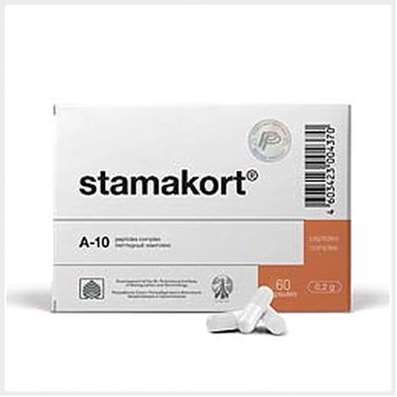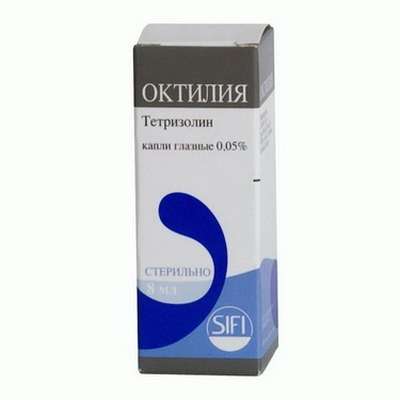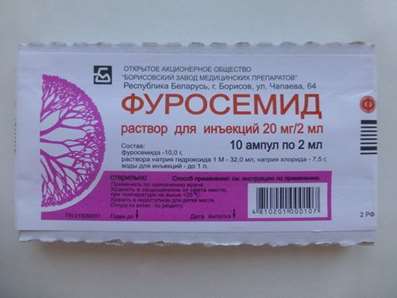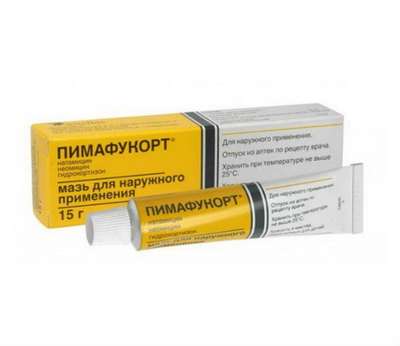Peptides vs Stroke
19 Dec 2016
ZAO "Innovative Research and Production Center" Peptogen "founded in 2005 with the participation of the Institute of Molecular Genetics, Russian Academy of Sciences, specializing in the production of peptide drugs and the study of new structures of peptides. Since 2006, the company launched the production of finished pharmaceutical products based on Institute research. Since 2013 "Peptogen" became a resident of the Technopark "Strogino".
According to IMS Health, to date, the NPC is the 12th place in the ranking of the Russian market companies neuroprotective drugs (ATC group N06B * - Psychostimulants, agents used for attention deficit hyperactivity disorder, and nootropics), which includes 75 positions. Sales of "Peptogena" for the 1st half of 2014 amounted to 2.18%, showing a 22% increase in relation to the 1st half of 2013
Nasal drops Semax and "Selank" - Today, two drug companies on the market. "This formulation was selected after a series of studies that have shown that it is most effective - said Alim Nemersky. - All products manufactured by us as well as being in the research - peptide drugs. " At a stroke it is important to conduct prompt diagnosis and rapid assistance. A nasal drops necessary substances to enter the body for four minutes, helping medical professionals to prevent the development of ischemic stroke - one of the most common cerebrovascular disease, which leads to disability and death. The use of "Semax" drops in a dosage of 1% can reduce disability and mortality significantly.
Drops "Semaks" are available in dosage of 0.1% (applicable in case of insufficiency of cerebral circulation, for prevention and rehabilitation after a stroke, and chronic brain ischemia) and 1% (recommended in stroke). On the 15th of the 69 positions in the ranking of trade marks (- 2.18% share in the group), according to IMS Health, TM "Semax" occupies in the ATC group (N06B). For the 1st half of this year sales growth "Semax" amounted to 22%. Drops "Selank" - a synthetic analogue of the endogenous peptide tafcina, used for anxiety and stress conditions, neurasthenia. This demonstrates TM sales growth of 23%.
"For the Russian Pharma it is most important not to make the drug, and to make sure that he got to the patient. You can declare any design capacity, but pivotal role in the fate of the product plays its distribution and promotion, competent work with doctors. If these steps are successful, then, of course, "Peptogen" full load line, 4 million bottles for those indications, which were recorded in "Semax" and "Selank" - is not very many, "- said Mr. Glushkov.
According to the expert of the pharmaceutical market Nikolai Bespalov themselves peptide drugs are extremely interesting: most of the biochemical processes in the human body is regulated by molecules of peptidic nature. Drugs that are based on peptides, much closer to the human body in terms of biochemistry, than the chemical nature of the components. "In my opinion, the prospects of such molecules from a pharmacological point of view, is very optimistic about the potential for the creation of new drugs. Nevertheless, the future of peptide drugs as a group rather difficult to say - much depends not only on the pharmacological properties of the LP, as the activity of its promotion and sales, especially when it comes to the original drug. That they have been successful in the market, it is necessary to spend a lot of money and effort to promote. The drug must reach not only the success of pharmaceutical, but necessarily - marketing, "- said the expert.
According to "World Health Statistics 2014", stroke is one of the three main causes of premature death in the world, after ischemic heart disease and lower respiratory tract infections (such as pneumonia). According to statistics from Rosstat, the number of patients with diseases of the circulatory system in Russia from 2000 to 2012 increased from 2483 people to 3814. "Every 30 seconds in the Russian Federation celebrated a new case of myocardial infarction or stroke," - said the Minister of Health Veronika Skvortsova presidium meeting on Council under the President of the Russian Federation on the implementation of priority national projects and demographic policy in December 2013, "The maximum rate of mortality in our country from the disease was in 2003, this led to the creation and development of the program, the so-called vascular, for improving the care of patients with acute vascular disease, which has allowed in recent years to significantly reduce mortality, "- said Ms. Skvortsova. According to the Ministry of Health, in 2013 from diseases of the circulatory system, in particular cerebrovascular disease killed 310,531 people - less than in 2012 (died 323 003 people).
"Nevertheless, despite the fact that some positive momentum going, we still substantially lagging behind countries with developed health systems - EU ..." - said Veronika Skvortsova. In Russia, cardiovascular diseases (including heart disease and stroke) are the cause of 62% of deaths, which is higher than the global average (48%).

 Cart
Cart





